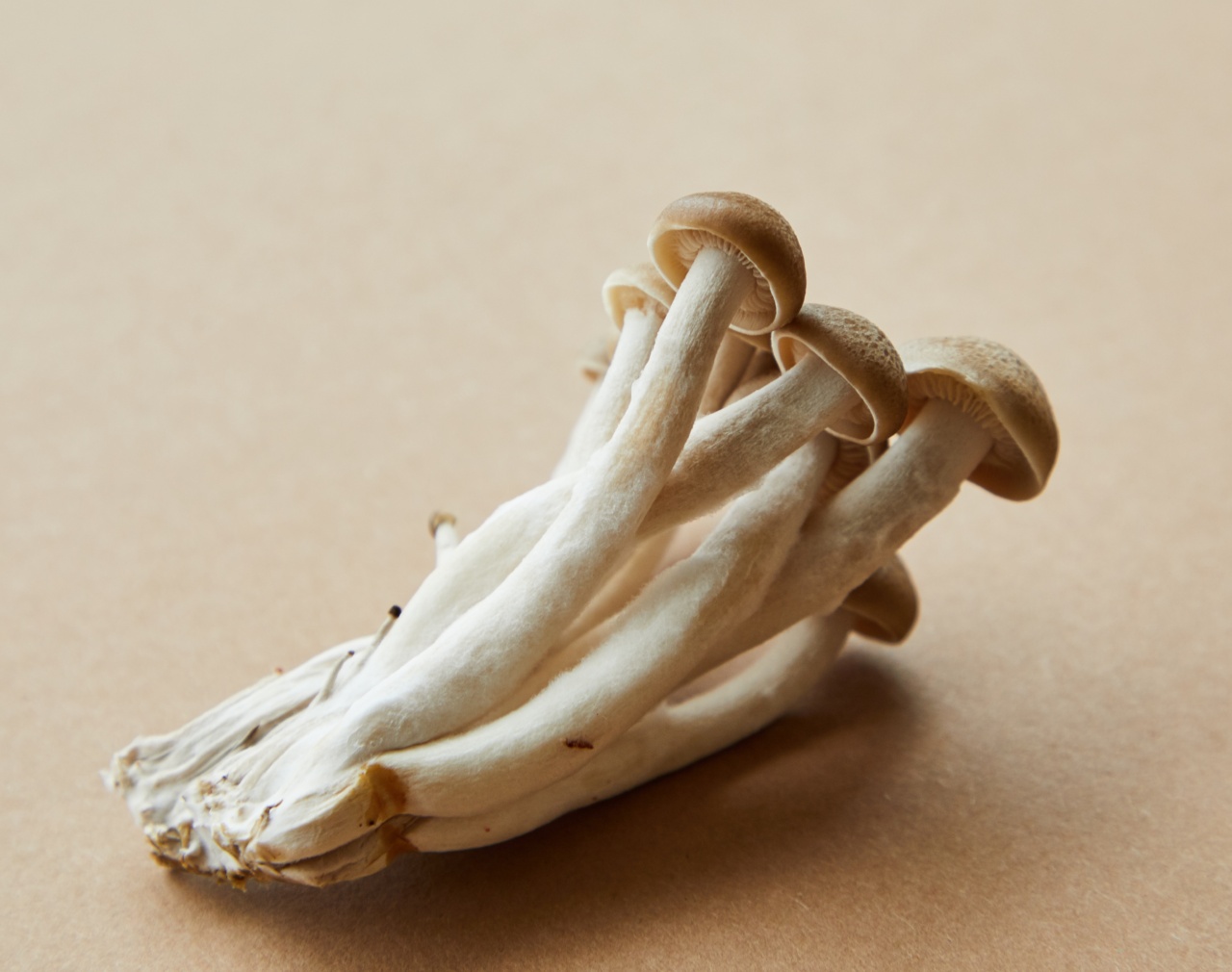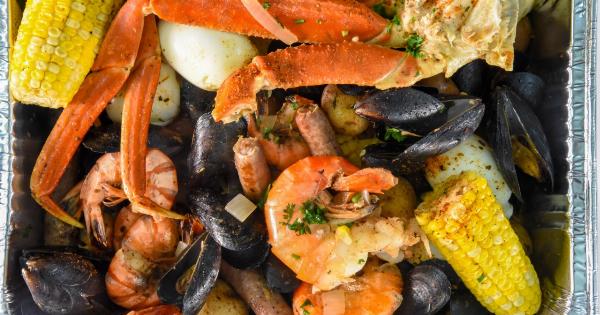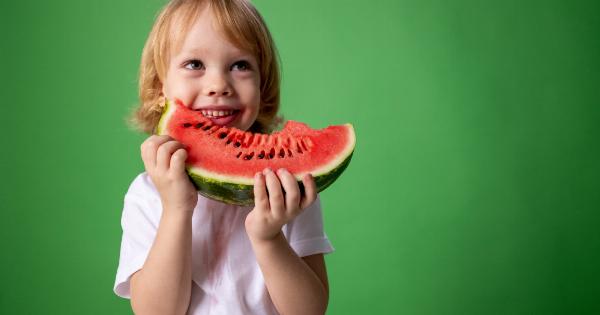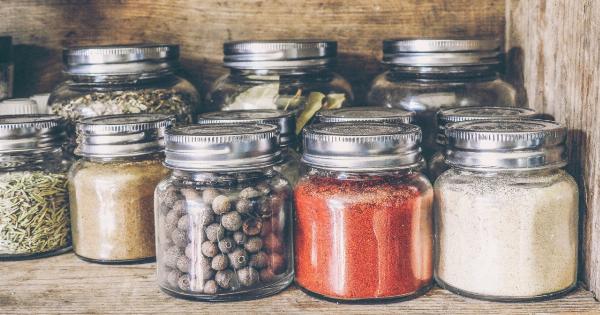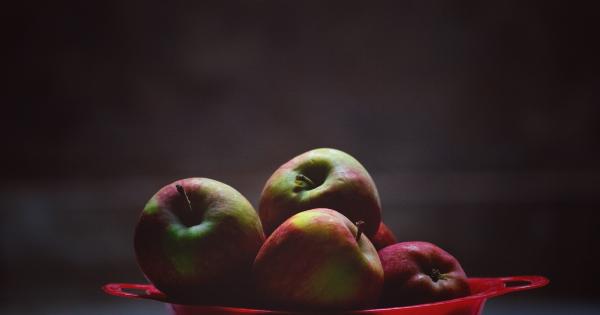Protein is an essential nutrient for the human body. It is required for the growth, maintenance and repair of our muscles, tissues and organs.
While most people associate protein with animal products like meat, eggs and dairy, there are plenty of plant-based foods that are high in protein too. If you follow a vegan or vegetarian diet, it’s important to know what your options are for getting enough protein. Here’s our ultimate list of herbal protein sources for vegans and vegetarians.
1. Lentils
Lentils are a versatile and nutritious source of protein. Just one cup of cooked lentils contains 18 grams of protein, and they are also rich in fiber, iron, and folate. Lentils can be used in soups, stews, curries, salads, and even veggie burgers.
2. Chickpeas
Chickpeas, also known as garbanzo beans, are a popular ingredient in many Middle Eastern and Indian dishes. One cup of cooked chickpeas contains 15 grams of protein, as well as folate, iron, and other nutrients.
They are also a great source of fiber and can be used in salads, dips, and even desserts.
3. Quinoa
Quinoa is a grain that has become increasingly popular in recent years as a vegan and vegetarian protein source. One cup of cooked quinoa contains 8 grams of protein, as well as fiber, iron, and other minerals.
It’s also gluten-free and can be used in salads, soups, and as a replacement for rice.
4. Tofu
Tofu is made from soybeans and is a popular protein source for vegans and vegetarians. One cup of tofu contains 20 grams of protein, as well as other nutrients like calcium and iron.
Tofu can be used in many different ways, including stir-fries, soups, and even desserts.
5. Tempeh
Tempeh is another soy-based protein source that is popular in vegan and vegetarian diets. One cup of cooked tempeh contains 31 grams of protein, as well as other nutrients like iron and calcium.
Tempeh has a nutty flavor and can be grilled, baked or used in stir-fries.
6. Seitan
Seitan, also known as wheat meat, is made from wheat gluten and is a popular protein source for vegans and vegetarians. One ounce of seitan contains 21 grams of protein, as well as other nutrients like iron and calcium.
It has a similar texture to meat and can be used in stir-fries, sandwiches, and even as a meat substitute for traditional dishes.
7. Hemp Seeds
Hemp seeds are a great source of protein, as well as healthy fats and essential fatty acids. Just 3 tablespoons of hemp seeds contain 10 grams of protein, making them a great addition to smoothies, salads, and desserts.
8. Chia Seeds
Chia seeds are another small but powerful source of protein. Just 2 tablespoons of chia seeds contain 5 grams of protein, as well as other nutrients like fiber and omega-3 fatty acids.
Chia seeds can be added to smoothies, oatmeal, and even used to make pudding.
9. Spirulina
Spirulina is a blue-green algae that is often used as a vegan protein supplement. Just 2 tablespoons of spirulina contain 8 grams of protein, as well as other nutrients like iron and vitamin B12. It can be used in smoothies and other beverages.
10. Nutritional Yeast
Nutritional yeast is a deactivated yeast that is often used as a vegan cheese substitute. One tablespoon of nutritional yeast contains 2 grams of protein, as well as other nutrients like B vitamins and zinc.
It’s a great addition to popcorn, soups, and even used as a vegan cheese sauce.
Conclusion
These are just a few examples of the many plant-based protein sources that are available to vegans and vegetarians.
By including a variety of these protein-rich foods in your diet, you can ensure that you are getting all of the nutrients that your body needs to thrive.
